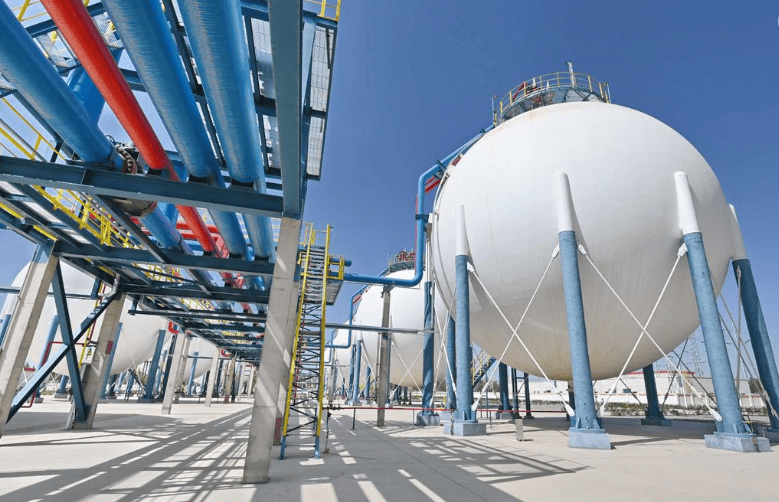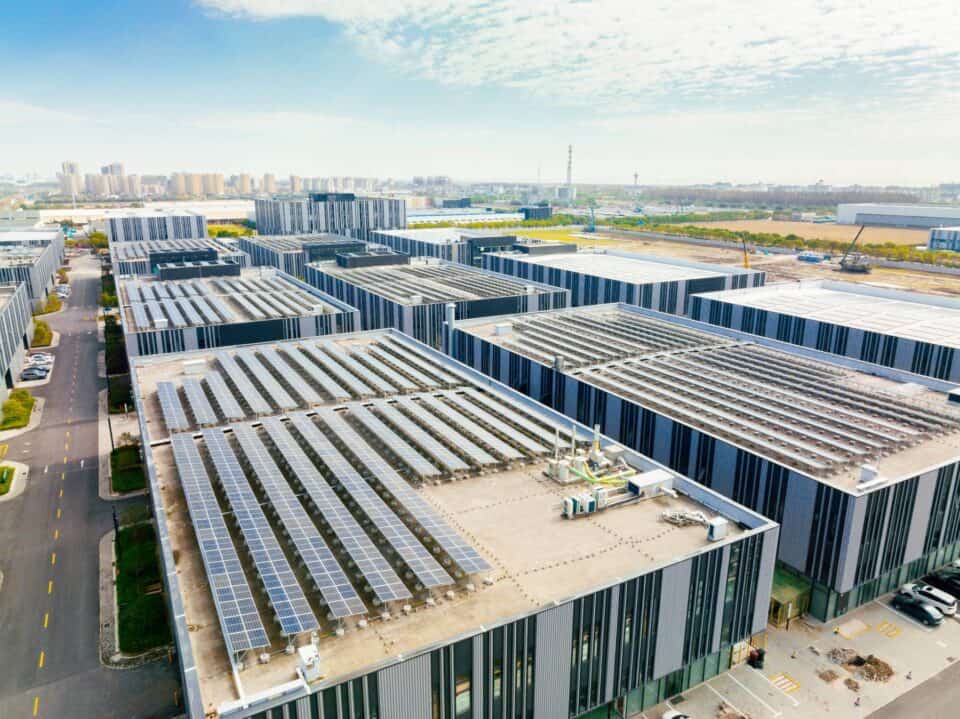
General | June 25, 2024
Four Things Community Lenders Realized about the Clean Energy Transition
We discussed the basics of green lending with community lenders from across the country to prepare them for the clean energy transition. Here’s what they had to say.








